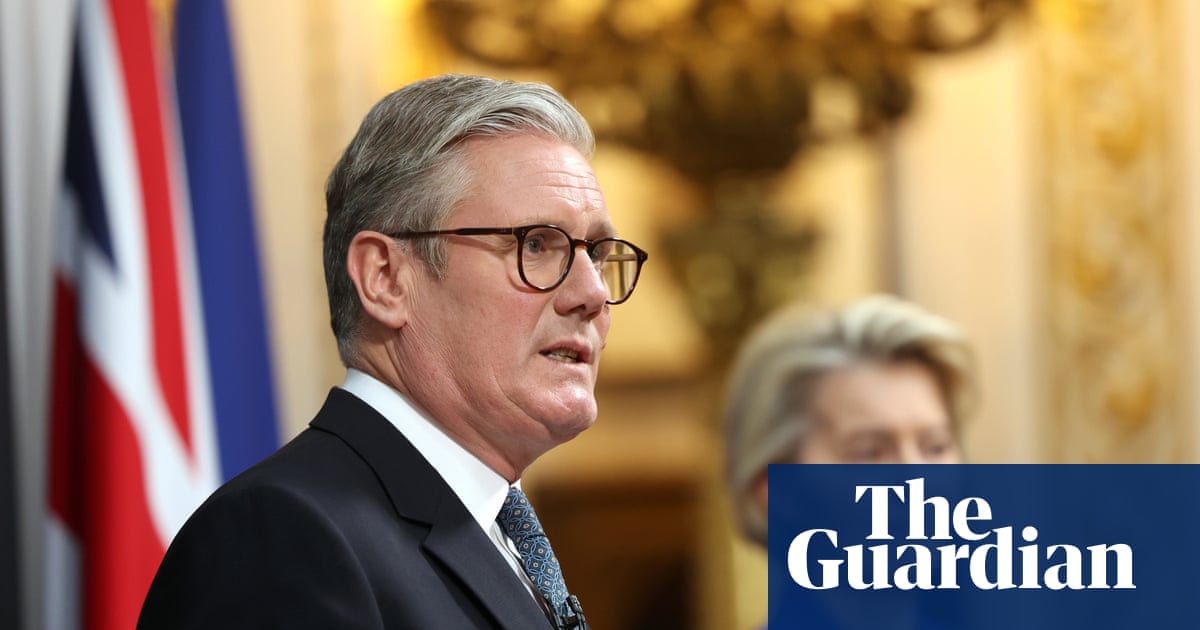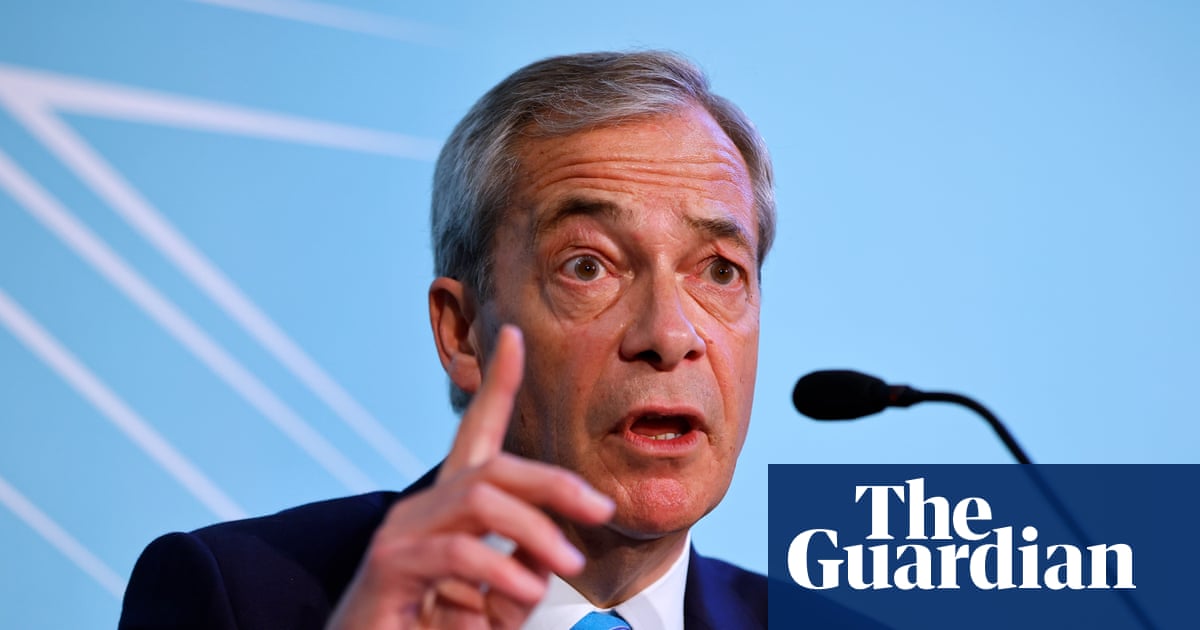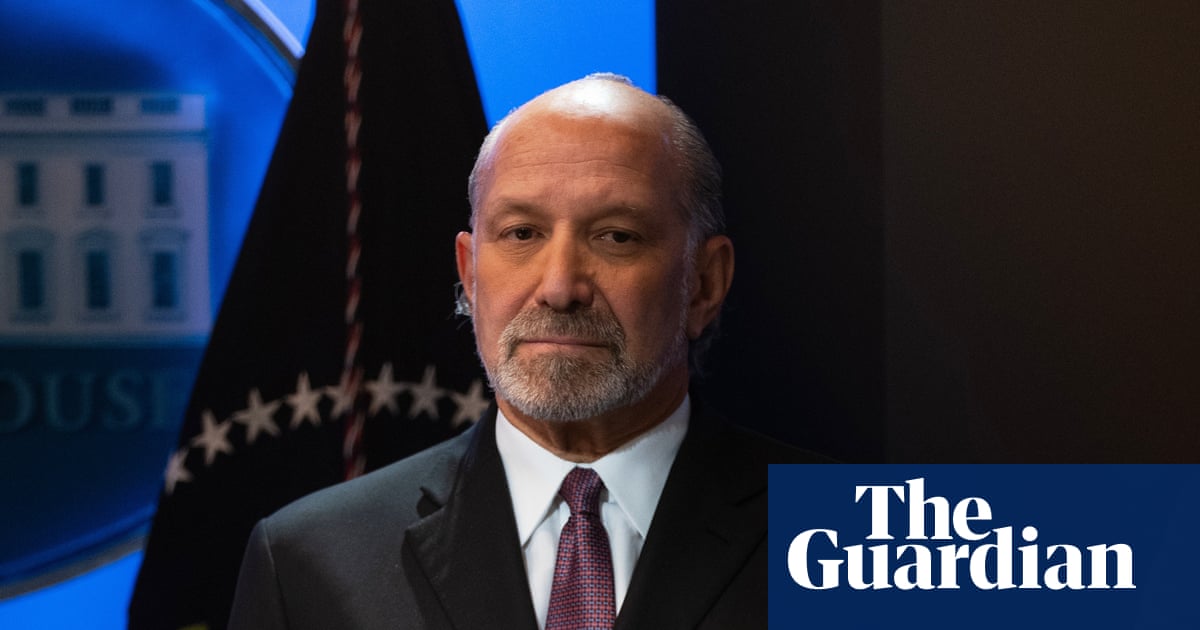The German government has decided against a new system of compulsory military service after a bitter debate, opting for a voluntary model instead.
Under the plan intended to revamp the country’s depleted military, young German men will have to indicate their readiness to serve and undergo a medical from next year. There will be financial and other incentives to encourage voluntary recruitment, but if that fails to find the numbers a compulsory nationwide call-up will be reconsidered. This would take further legislation, however.
Women are also being encouraged to volunteer, but will not be not obliged to participate in the selection process.
Similarly to other western countries, Germany dramatically reduced the size of its armed forces after the end of the cold war, but now faces the huge challenge of building it up again amid the looming threat posed by Russia and other security concerns.
Pressure from the US for Germany to pull its weight militarily, as well as doubts over Washington’s commitment to Europe’s future security, has also contributed to the urgency and led to chancellor Friedrich Merz pledging on his entry into office that he would turn Germany’s armed forces, or Bundeswehr, into “Europe’s strongest conventional army”.
Security officials have warned that Russia could be in a position to launch a full-scale attack on Germany and the rest of Europe within a few years.
“We will make voluntary service more attractive,” Jens Spahn, the parliamentary leader of Merz’s conservative Christian Democrats (CDU), told journalists on Thursday. “We want to win over as many young people as possible for the service for the fatherland,” he said. If voluntary recruitment did not provide sufficient numbers of soldiers and related personnel, he said, “we’ll need to make it obligatory”. But he said this would involve new legislation.
Spahn coined the phrase ‘Bedarfswehrpflicht’, meaning needs-based recruitment, to describe the mandatory element of conscription that the government can fall back on if necessary, “so that we’d be able to recruit as many people as we needed”.
The agreement reached on Wednesday night and announced on Thursday morning, followed months of heated debate between the CDU and its junior partner, the Social Democrats, over how best to reconstruct the military through recruitment, ensuring at the same time that the population is broadly supportive of the move.
On Thursday the headline in the tabloid Bild read: “One out of every 15 men will have to serve”.
Under the proposals, expected to enter the statute books at the start of 2026, every 18-year-old – those born in 2008 – will initially be considered eligible for military service and will face mandatory registration involving medical screening and filling out a questionnaire in which they can signal their interest.
If a compulsory call-up was considered necessary this would require a separate vote in parliament.
Incentives to boost recruitment are to include free access to driving licences (which can cost several thousand euros in Germany), and a considerable increase in existing pre-tax pay at entry level, to €2600 a month.
after newsletter promotion
Germany currently has just over 180,000 uniformed troops. Those numbers should be boosted to up to 270,000 in addition to another 200,000 reservists by 2029 at the latest, by when defence minister, Boris Pistorius, has said Germany must be ‘kriegstüchtig’ (war-ready).
From 1956 Germany had a military conscription programme which it suspended in 2011 under the government of Angela Merkel, in order to modernise it for the post-cold war world, where it was thought the focus would be on foreign missions requiring the skills of a professional army rather than conscripts needed to fight a war. Lawmakers avoided having to change the constitution by not abolishing the legal basis for conscription but merely suspending it.
Ahead of the Merz government taking power in May, parliament voted in favour of raising billions of euros to bolster defence spending. This was in addition to Merz’s predecessor Olaf Scholz’s decision shortly after Russia’s full-scale invasion of Ukraine in 2022, to raise €100bn in military funding to rebuild and refurbish the ill-equipped armed forces.
Pistorius, a popular politician and social democrat who spearheaded the revamp said he was confident the new rules would work based on the experience of other countries, especially in northern Europe, of voluntary service. He said he expected compulsory service to be a “last resort” and said the move to create “an attractive service” should boost confidence in Germany’s ability to defend itself, rather than stoke feelings of fear.
“There are no reasons to worry, or reasons to be afraid. The lesson is quite clear: the more capable and defensible our armed forces are, through weaponry, training, and personnel, the lower the likelihood that we will ever become a party to a conflict – and that benefits everyone. That’s the lesson of the cold war. Therefore, there’s absolutely no reason to worry,” he said.

 3 months ago
84
3 months ago
84

















































